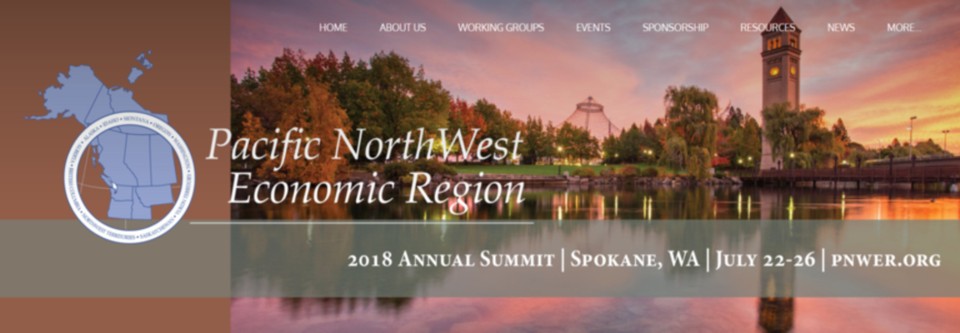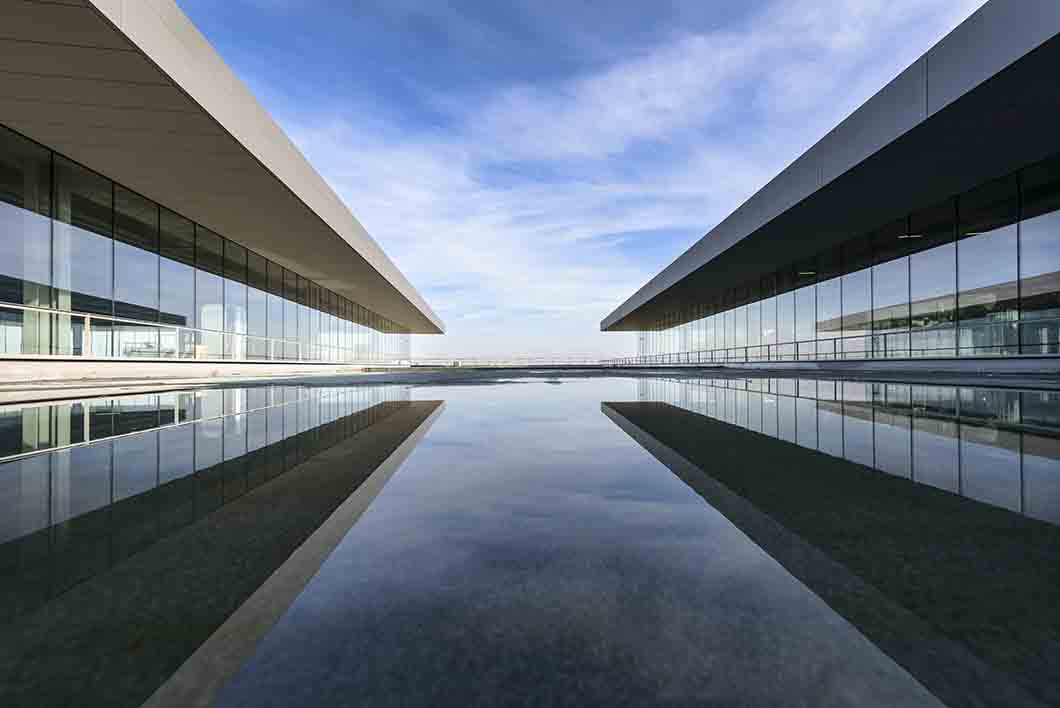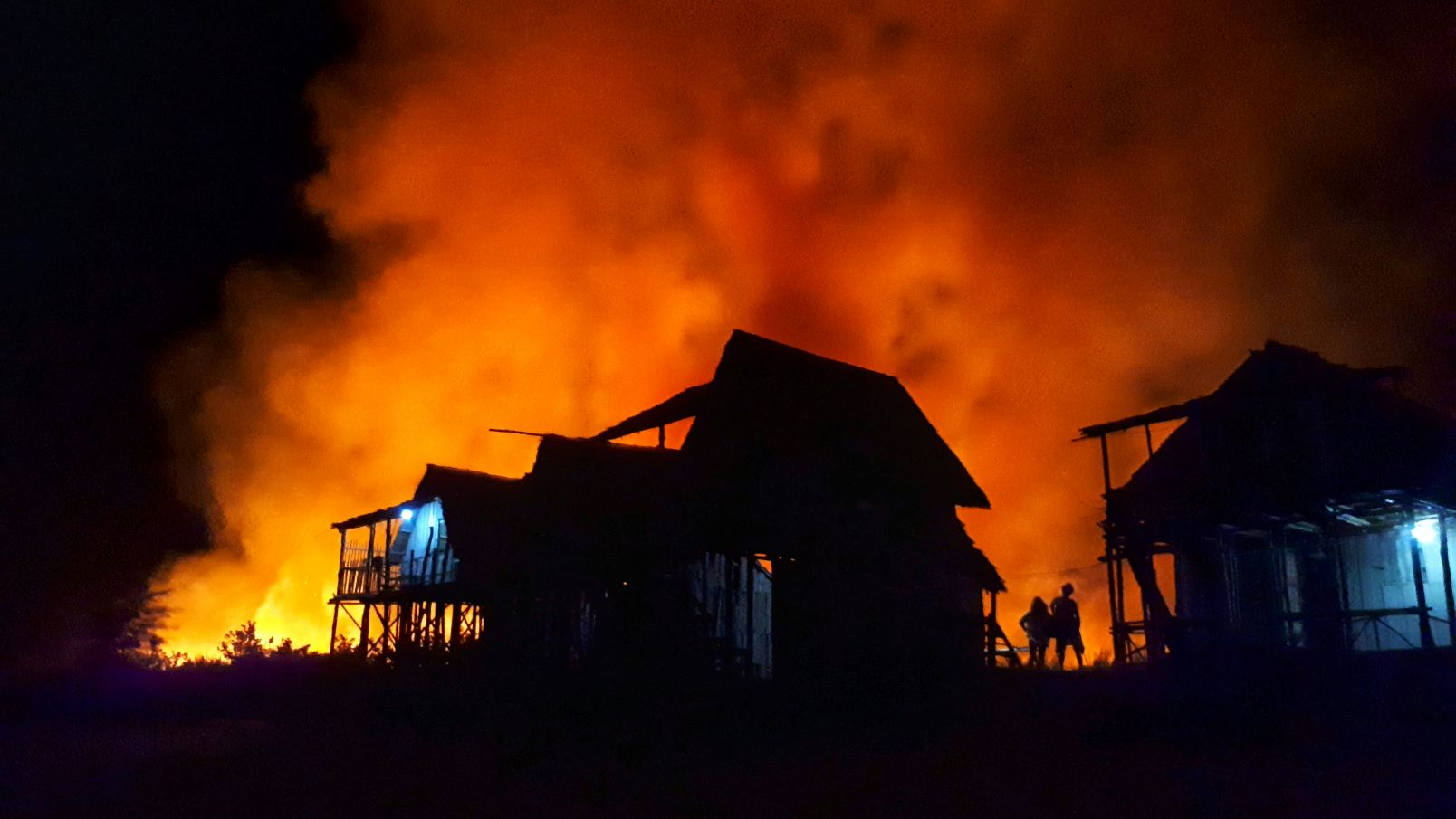

Building Resilience Coalition to Sponsor Keynote Speaker at Spokane Summit


July 16, 2018 2018 – The Pacific Northwest Building Resilience Coalition is pleased to announce its sponsorship of a keynote address on Disaster Reliance at the upcoming 2018 Annual Summit of the Pacific Northwest Economic Region (PNWER) taking place July 22 – 26 in Spokane, Washington.


Evan Reis,
Evan Reis, Executive Director and Co-Founder of the U.S. Resiliency Council, will discuss the pioneering work of the Council to raise awareness of the need to rethink how we build our cities and towns to make them more resilient to hazards thought impossible only a decade ago.
The Annual PNWER Summits are designed to enable public officials, legislators and business leaders to jointly explore best practices, promote regional relationships, and to develop action plans for addressing these challenges.
This year’s Summit includes a Disaster Resilience Symposium, which is a great opportunity to inform elected officials, legislators and others about the importance of resiliency planning.
It is anticipated that over 550 attendees will be at the Summit, including state, provincial and territorial legislators, corporate CEOs or VPs, NGO executive directors, federal legislators, University Presidents, and other governmental officials.
“These are the people we need to connect with to spread the message about the mission of the Building Resilience Coalition,” said William (Bill) Larson, VP of CalPortland and principal spokesperson for the Building Resilience Coalition.
“Resiliency is becoming a critically important public policy issue across the region,” he added. “We need to ensure that home owners, businesses and communities are protected from the impacts of fire, floods and more frequent extreme weather incidents.”
“The many industries represented in the Building Resilience Coalition are well positioned to provide the products and services needed”, noted Larson, “but we need legislators and municipal leaders working with us. The PNWER Summit is a golden opportunity to make those critically important connections.”
PNWER’s Executive Director, Matt Morrison said, “Regional resilience is a critical objective of PNWER’s Center for Regional Disaster Resilience, and a very important topic for our cross border policymakers, as many of our jurisdictions face similar challenges, vulnerabilities, and we need to be looking at life cycle costs for the critical infrastructures that we all depend on.”
The Keynote Address by Evan Reis will take place at 7:30am on Tuesday, July 24. Those interested in attending the PNWER Summit on July 22 – 26, can register on line here.
MORE ABOUT PNWER
The Pacific Northwest Economic Region (PNWER) is a bi-national statutory non-profit chartered by the states of Alaska, Washington, Oregon, Idaho, Montana, and the western Canadian provinces of British Columbia, Alberta, Saskatchewan, the Yukon, and Northwest Territories. For more information on PNWER see www.pnwer.org.
MORE ABOUT THE PACIFIC NORTHWEST BUILDING RESILIENCE COALITION
Operating across British Columbia, Alberta, Washington and Oregon, the Pacific Northwest Building Resilience Coalition (PNBRC) promotes the design and construction of resilient buildings better able to resist fire and water damage, and able to withstand extreme weather impacts and disasters such as earthquakes and wild fires. The Coalition members include: The Northwest Cement Council, Concrete BC, Concrete Alberta, Portland Cement Association, the Concrete Reinforcing Steel Institute, the Oregon Concrete and Aggregate Producers Association, the Washington Aggregate and Concrete Association, the Northwest Concrete Masonry Association, the Masonry Institute of Washington, the Insulating Concrete Forms Manufacturers Association and the Puget Sound Concrete Specification Council. For more information on the Coalition visit here.
MORE ABOUT THE U.S. RESILIENCY COUNCIL
The US Resiliency Council’s mission is to establish and implement meaningful rating systems that describe the performance of buildings during earthquakes and other natural hazard events, to educate the general public to understand these risks, and to thereby improve societal resilience. For more information on the Council visit here.
Recent Posts
Mobilizing Resilient Design and Construction
Implementing a multifaceted strategy can motivate state and local governments to prioritize resilient design and…
Insurance Pricing: Navigating a New Era of Risk
The growing frequency and severity of climate-related disasters present a significant challenge for the insurance…
Designing for Resilience … It’s A Must
We see far too often structures built to current code that lack planning and design…
What are the Real Benefits of Designing for Resilience
While designing for resilience requires initial investments, the long-term payoffs often far outweigh these costs.…
Reducing Disaster Risks and Protecting Insurability in the Pacific Northwest
Proactive measures to enhance resilience and preparedness are critical to mitigating insurability risks. This will…
How to Achieve More Resilient Building Codes
More comprehensive disaster prevention perspectives are needed to enable communities better to withstand the increased…


